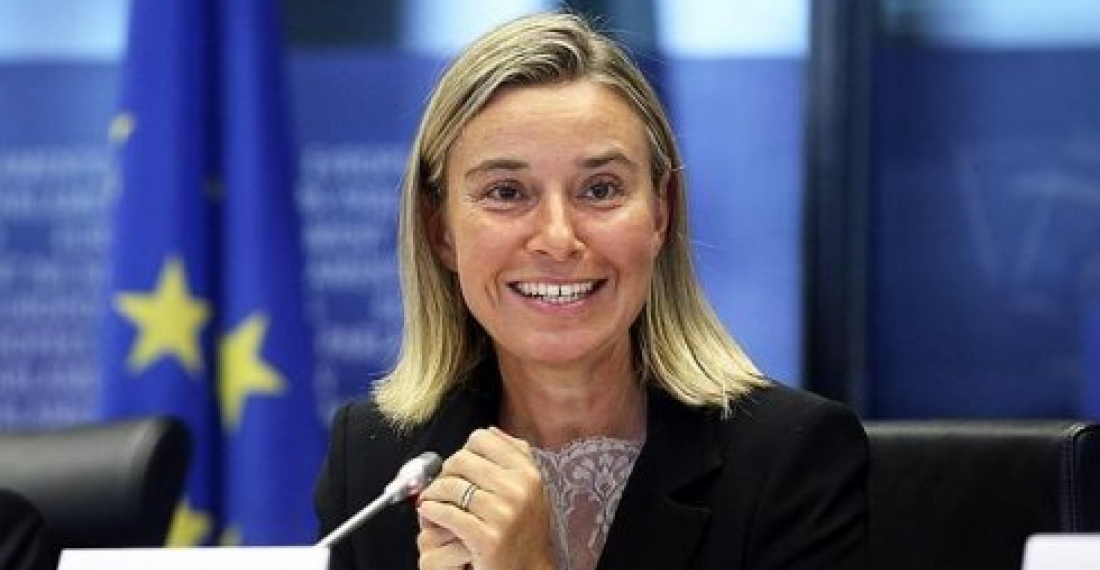The EU High Representative for Foreign Affairs and Security Policy Federica Morgherini had a phone conversation with Armenia's new prime minister Nikol Pashinyan shortly after his election on Tuesday. Morgherini congratulated Pashinyan and invited him to visit Brussels at the earliest opportunity to discuss bilateral relations. In their conversation the two agreed on the importance of the partnership between the European Union and Armenia and looked forward to meeting in person.
Morgherini and Pashinyan discussed the next steps following the Prime Minister's election by the Armenian Parliament, including the future formation of a government, and touched on further opportunities to strengthen links between the European Union and Armenia. They also briefly discussed foreign policy priorities, including the Nagorno-Karabakh conflict, the peaceful resolution of which remains, as reiterated by the High Representative, a top priority for the European Union.
High Representative Mogherini looked forward to working with Prime Minister Pashinyan and, in the future, his government.
source: commonspace.eu with the press service of the European External Action Service







